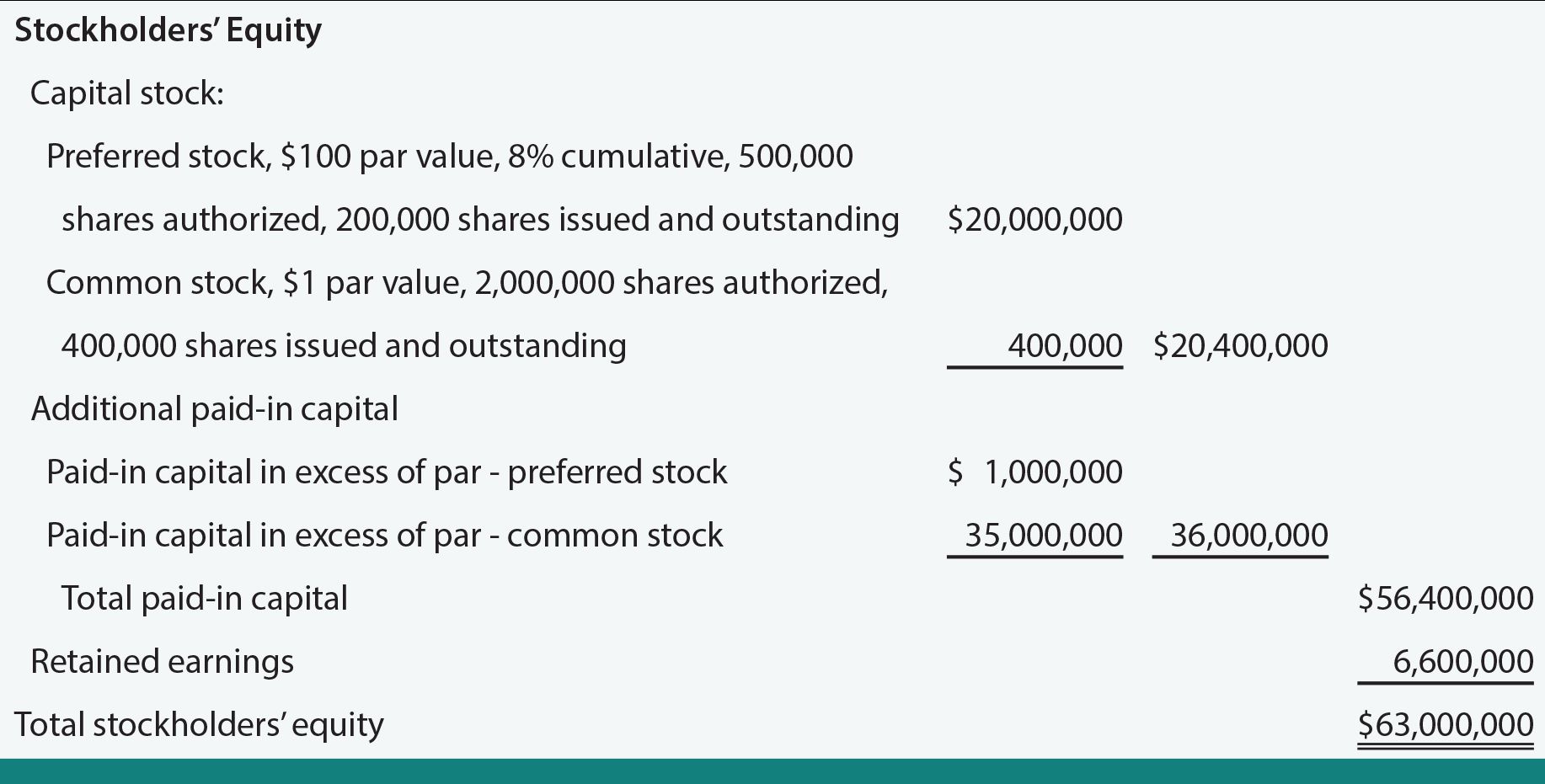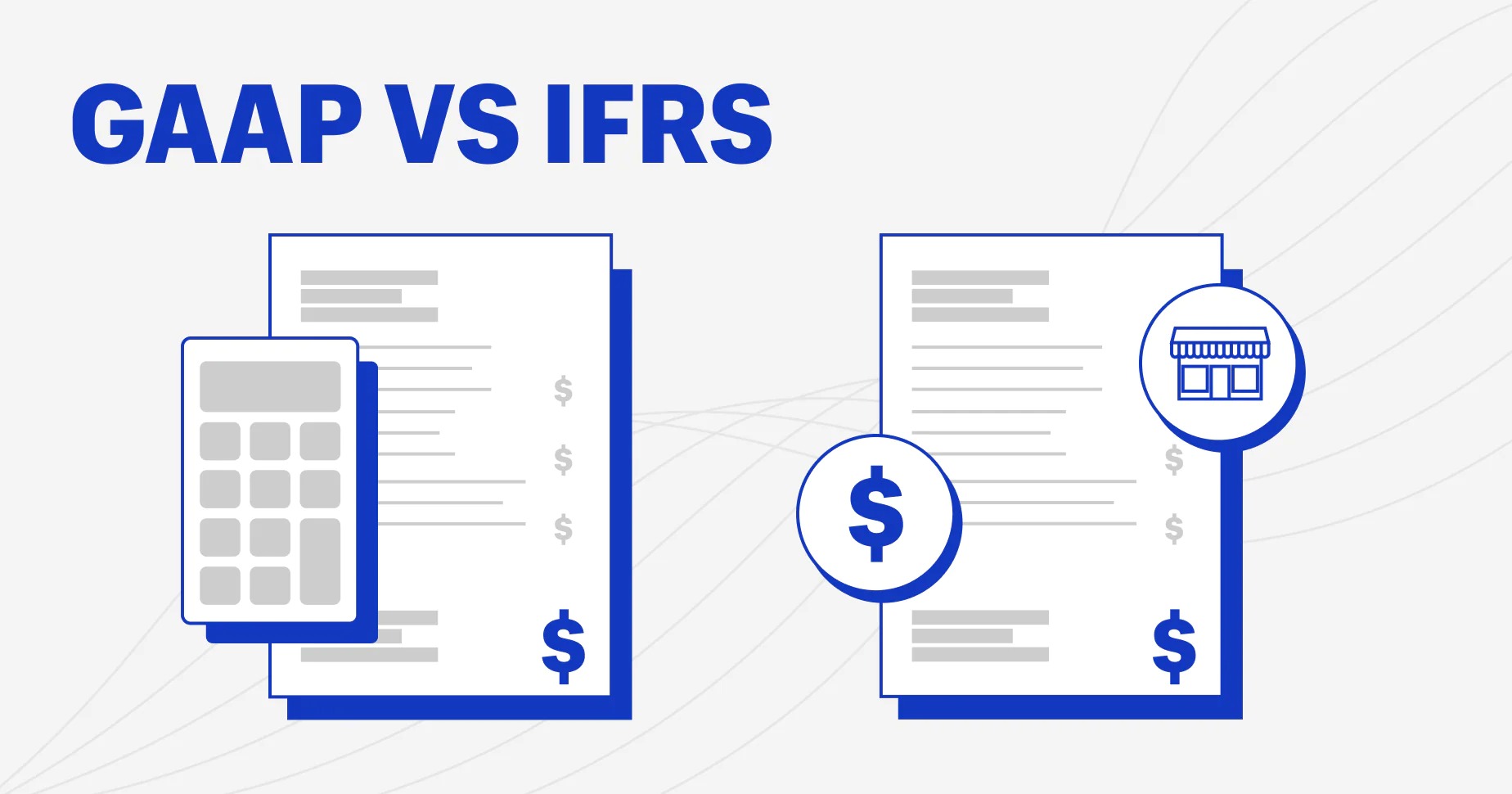

Finance
Diversified Common Stock Fund Definition
Published: November 13, 2023
Learn the definition and benefits of a finance-focused Diversified Common Stock Fund. Make informed investment decisions with comprehensive financial analysis and expert insights.
(Many of the links in this article redirect to a specific reviewed product. Your purchase of these products through affiliate links helps to generate commission for LiveWell, at no extra cost. Learn more)
Diversified Common Stock Fund: What You Need to Know
When it comes to investing and building wealth, diversification is key. It helps spread out the risk and improves your chances of generating returns. One way to achieve diversification is by investing in a diversified common stock fund. In this blog post, we will define what a diversified common stock fund is and explore why it is an important investment option in the world of finance.
Key Takeaways:
- A diversified common stock fund is a type of mutual fund that invests in a wide range of stocks from different industries and sectors.
- This investment strategy aims to reduce risk by spreading investments across various companies, minimizing the impact of individual stock price fluctuations.
Understanding Diversified Common Stock Fund
A diversified common stock fund is a type of mutual fund that pools together money from multiple investors to invest in a diverse portfolio of common stocks. Unlike other mutual funds that may focus on specific sectors or industries, a diversified common stock fund aims to invest in a wide range of companies from different sectors.
The primary objective of a diversified common stock fund is to reduce risk through diversification. By spreading investments across various companies, the portfolio becomes less susceptible to the impact of individual stock price fluctuations. This allows investors to lower their exposure to risk compared to investing in individual stocks.
Here are a few key features and benefits of investing in a diversified common stock fund:
1. Professional Management
When investing in a diversified common stock fund, you entrust your investments to professional fund managers. These experts conduct in-depth research, analysis, and management of the fund’s portfolio to ensure optimal performance. Their expertise and experience can help improve your likelihood of generating returns.
2. Portfolio Diversification
As mentioned earlier, diversification is essential in investing. By investing in a diversified common stock fund, you gain exposure to a broad range of companies across various sectors, including technology, healthcare, finance, and more. This diversification helps reduce the risk associated with investing in individual stocks and industries.
3. Access to Quality Stocks
Diversified common stock funds typically invest in established, quality stocks. These stocks are carefully selected by fund managers based on their growth potential, financial performance, and other relevant factors. As an investor, you gain exposure to a portfolio of companies that have been vetted and selected by investment professionals.
4. Liquidity
Diversified common stock funds are usually open-ended funds, meaning that investors can buy or sell their shares at the net asset value (NAV) at any time. This provides liquidity and flexibility, allowing investors to enter or exit the fund as per their financial goals and changing market conditions.
Conclusion
A diversified common stock fund plays a crucial role in providing investors with a diversified portfolio of stocks across various sectors. By spreading investments and minimizing the impact of individual stock price fluctuations, these funds aim to reduce risk and improve the chances of generating returns.
Remember, diversification is key when it comes to investing. Consider including a diversified common stock fund as part of your investment strategy to benefit from professional management, portfolio diversification, access to quality stocks, and liquidity.














